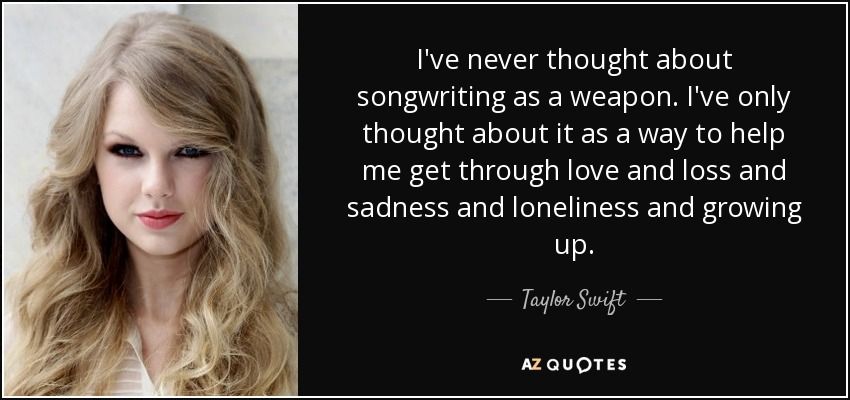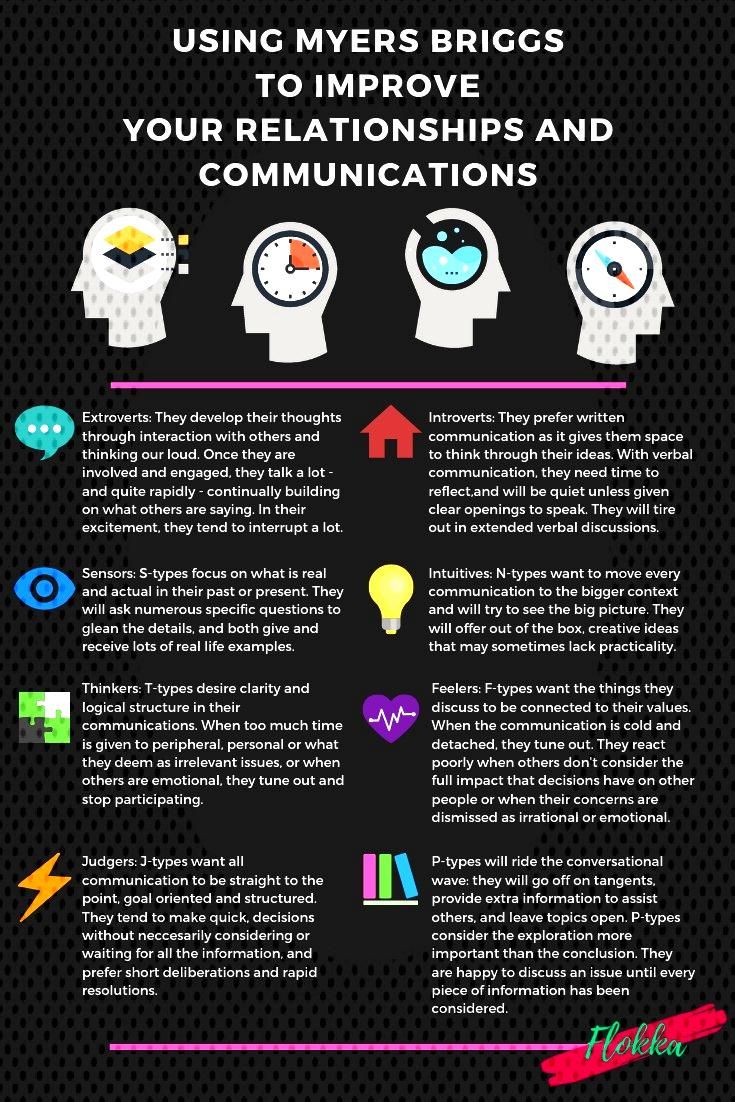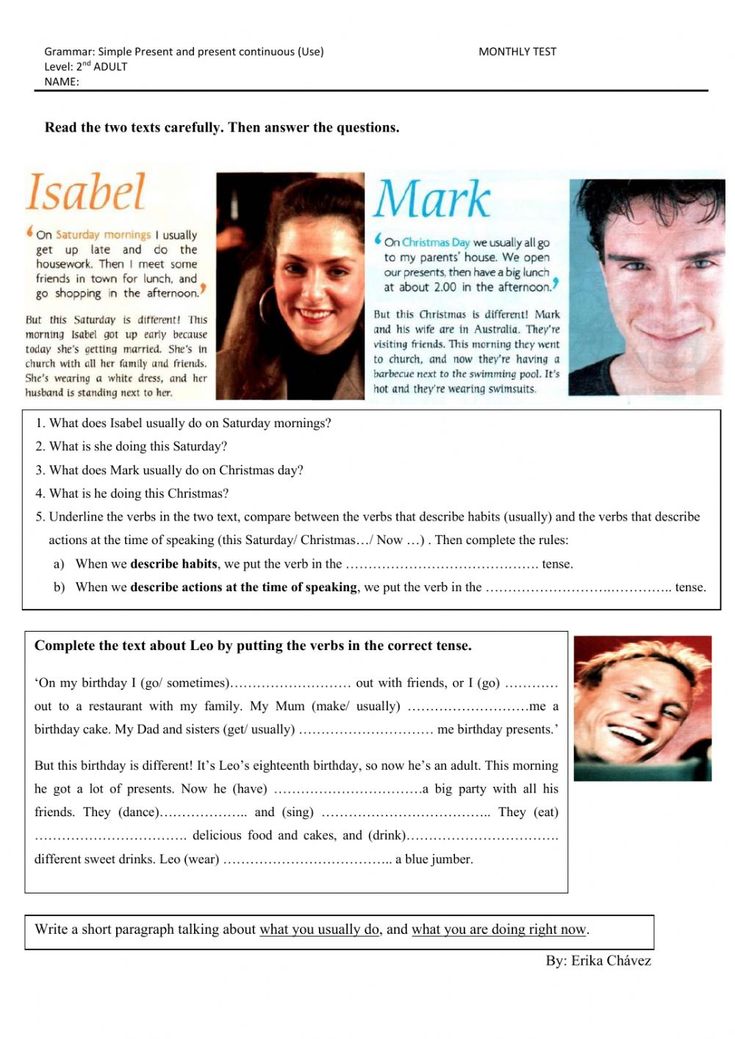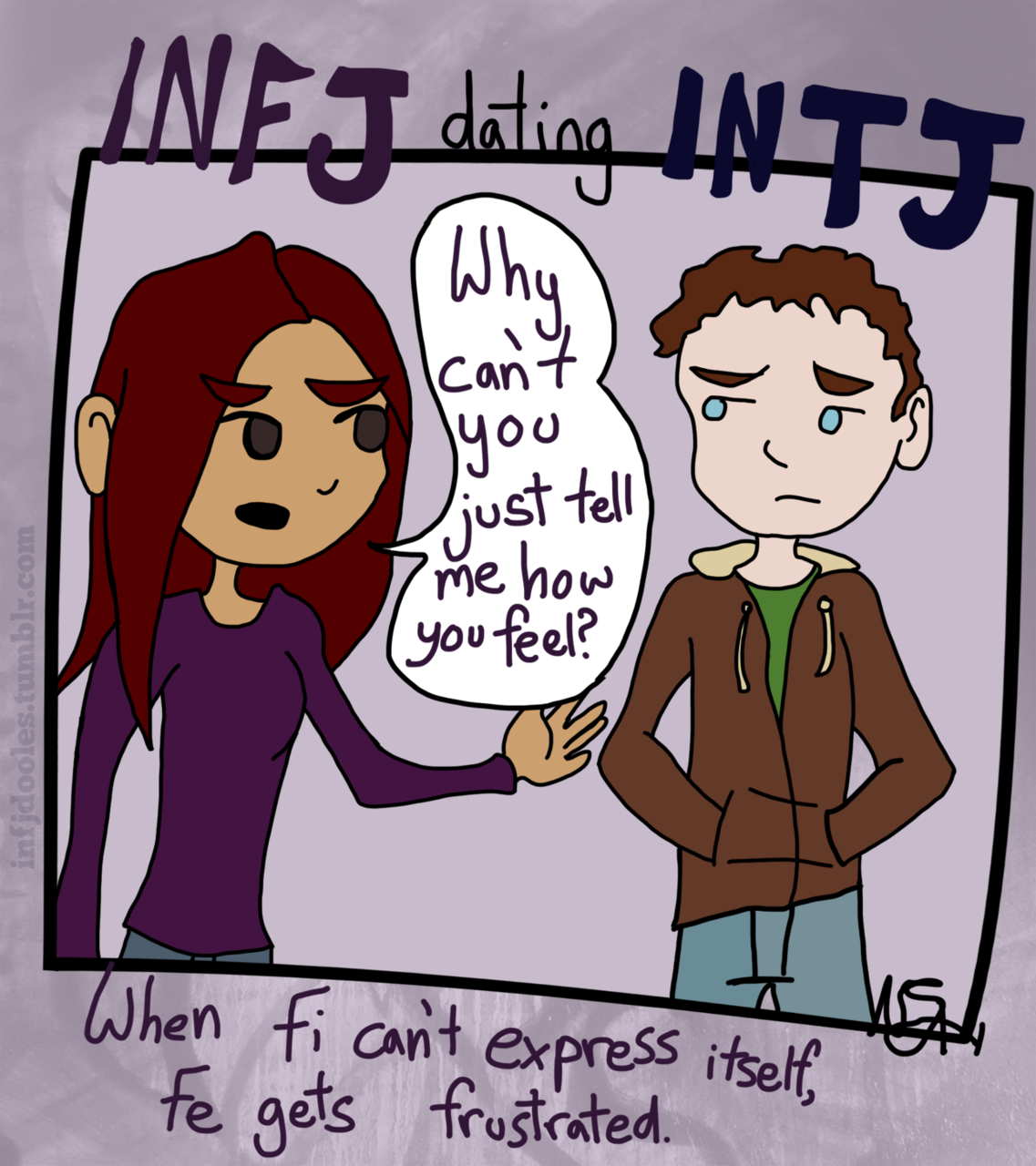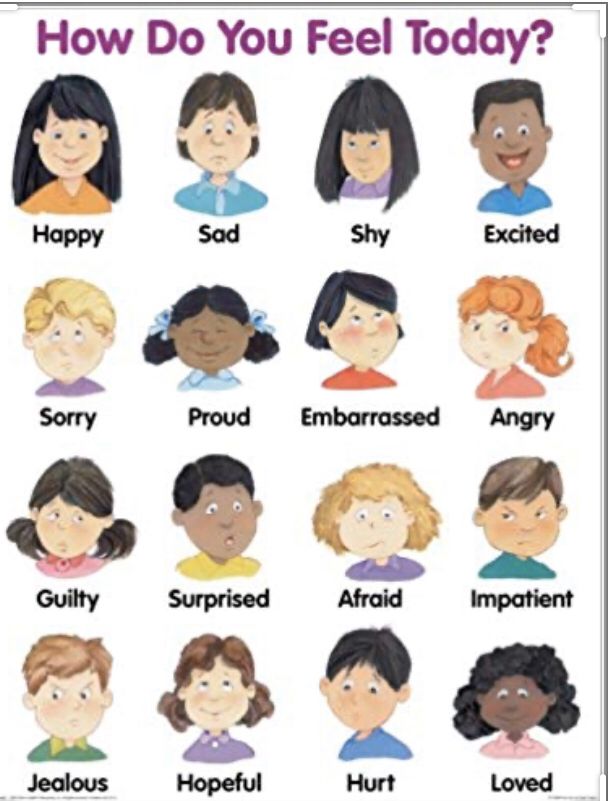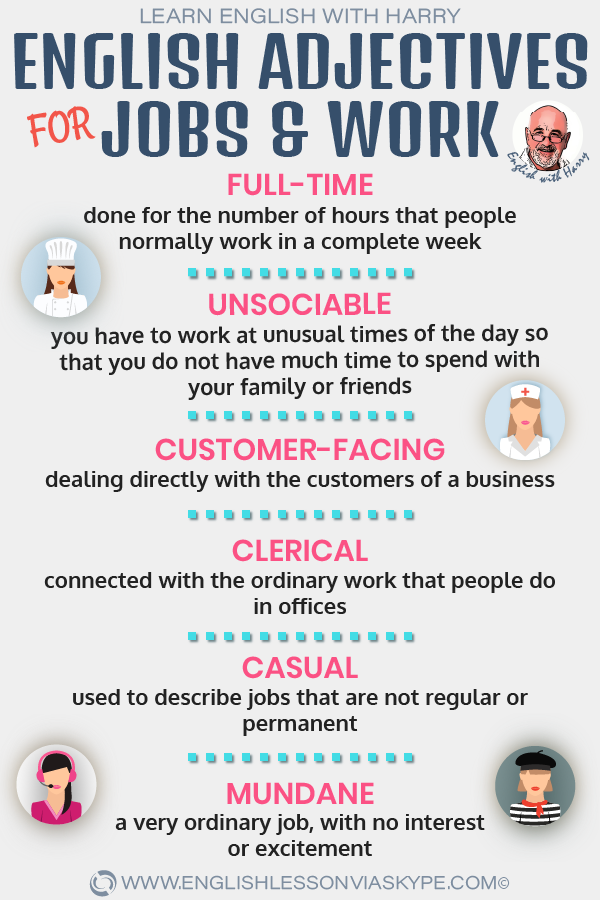Relationship brings out the worst in me
6 Tips For When Your Relationship Brings Out The Worst In You
Love is the master key that opens the gates of happiness, of hatred, of jealousy, and, most easily of all, the gate of fear. -Oliver Wendell Holmes, Sr.
From time to time, I see people who have trouble staying calm in their intimate relationship. They may have endless patience with co-workers, customers, and friends but struggle to offer their partner that same calm presence.
They describe becoming agitated or even furious over minor transgressions or differences in point of view in their intimate relationship. They may become stubborn in the pursuit of proving what is right. They may tell themselves they should let things go but they dont. They worry that their partner will leave them because of their nagging, relentless approach.
If you are struggling with this problem, first work to understand why these patterns persist. Some common problematic themes that underlie this problem are:
Believing you will be perceived as weak if you let something go.
Believing that unless your partner agrees with you they dont understand your point of view.
Believing that you must always be understood in a relationship.
Your partner is either inadvertently or deliberately triggering an emotional reaction based on old memories and experiences.
Fearing you will become a copy of a powerless parent. This is usually accompanied by the declaration I swore Id never become my mum/dad.
Knowing the how and why only gets you so far. Real change occurs by creating helpful relationship beliefs and habits.
Some strategies that can help:
See letting go as a choice you are making. If you are someone who fears being perceived as weak, choose to see letting go as a choice as opposed to something you are submitting to. Remind yourself of other famous icons who did not use aggression or warfare and yet still made a powerful impact on this world. Think Mother Theresa, Martin Luther King, Jon Lennon, Oprah. If they can do it, so can you.
If they can do it, so can you.
Stop defining listening as agreement. Accept that your partner can listen but they are not obliged to agree. It is enough for your partner to hear you. Once is enough, maybe twice at the most. If you catch yourself on repeat, choose to take some space. Go for a walk, do a mindfulness practice or whatever it takes to stop repeating yourself.
Accept that your partner may not always understand your point of view. Your partner is not inside your mind, has not lived your experiences and has a whole other frame of reference from their own experiences that they bring to life and your relationship. It is enough for them to listen with compassion but they may never fully understand your point of view. When you hear yourself trying to convince your partner, remind yourself that they have their own mind and experiences and that is in part what drew you to them
Work on your emotional triggers. This includes issues from childhood and past relationships.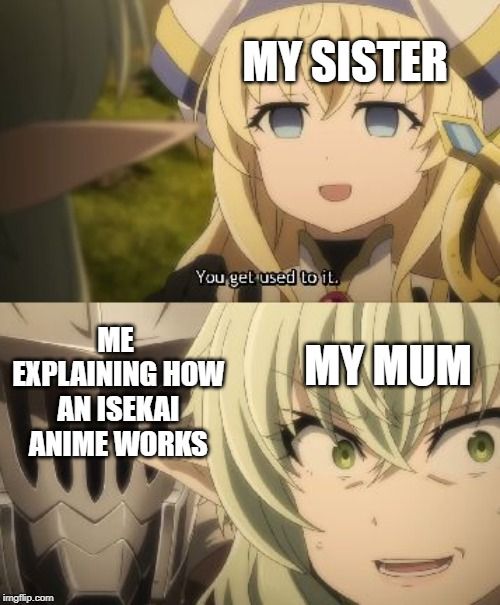 Self-help books such as Sue Johnson’s “Hold Me Tight” are helpful or seek counseling either individually or as a couple to work on reducing the impact of triggers from the past.
Self-help books such as Sue Johnson’s “Hold Me Tight” are helpful or seek counseling either individually or as a couple to work on reducing the impact of triggers from the past.
If you are with someone who is deliberately triggering you, seek couples counseling as soon as possible. Most people have caring partners who do not deliberately trigger emotional reactions but as with most things in life, there are always exceptions. If your partner shows no willingness to stop this behavior either now or in counseling, consider whether you want to continue the relationship.
Be selective in what you choose to assert yourself over. Not becoming mum/dad is a powerful motivator for many people. If you grew up with one parent who was all-powerful and the other had no voice, you may see letting go as becoming your powerless parent. Instead, choose to assert yourself only when its important. As the old saying goes, choose your battles wisely.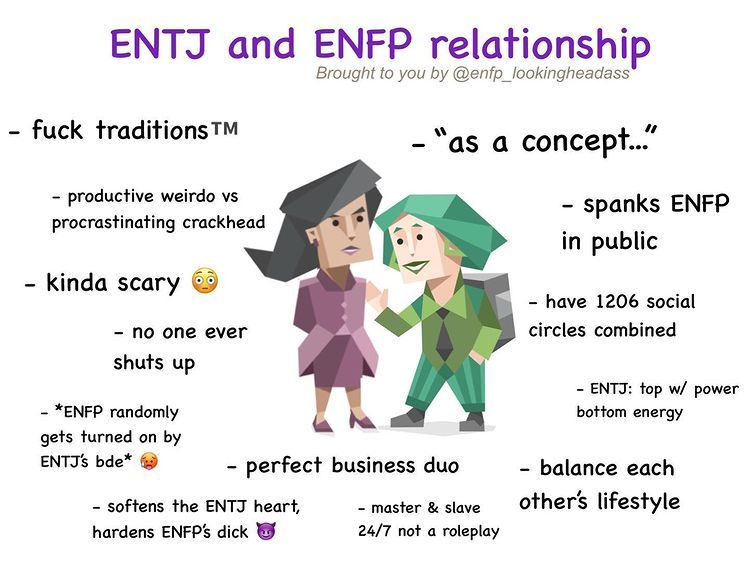 This is very different to being your powerless parent, as they never saw speaking up as an option. Exercise your power by choosing when to assert and when to let go.
This is very different to being your powerless parent, as they never saw speaking up as an option. Exercise your power by choosing when to assert and when to let go.
Relationships do end because of relentless struggles and lengthy, repetitive arguments. It is worth addressing these habits if you are in a loving relationship that is important and meaningful to you. Try these strategies. If you get stuck, try couples counseling for guided support. You, and your relationship are worth it.
Signs a guy brings out the worst in you
By -
TIMESOFINDIA.COM
Created: Jul 28, 2021, 14:00 IST
facebooktwitterPintrest
In a good relationship, both the partners never leave any stone unturned to encourage and motivate each other. The faith and support of one’s partner mean a lot in a world that is too competitive.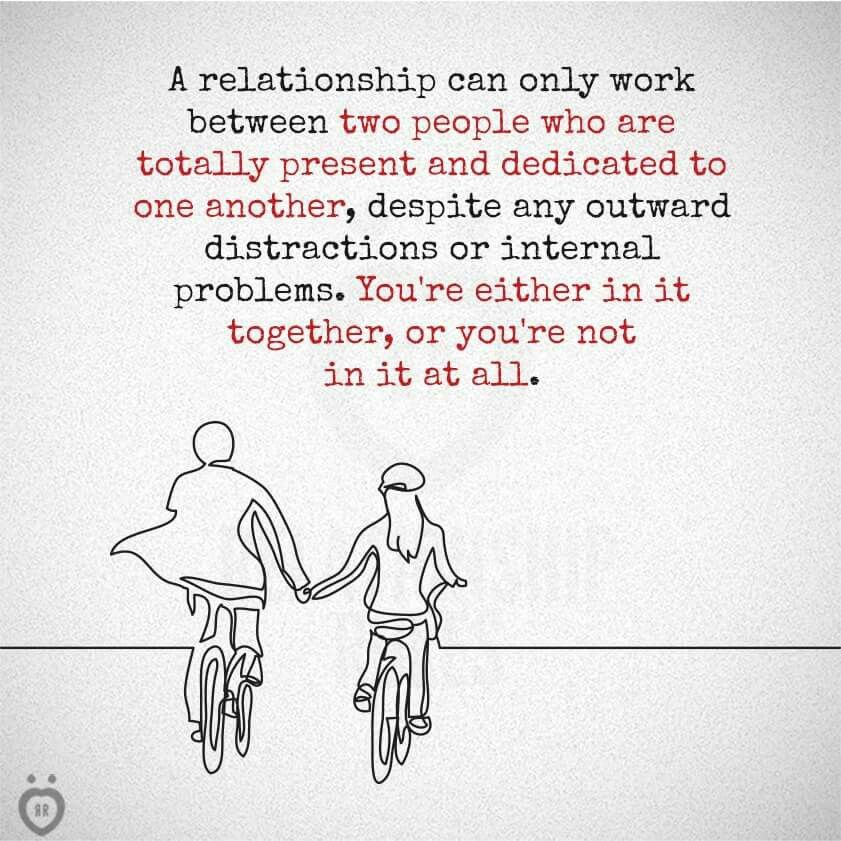 However, this is not the case with each couple. Many people, instead of bringing out the best in their partners, do the complete opposite. They push them to such an extent that they become loud, aggressive, and even violent. In the end, nothing else remains in such relationships but toxicity. Thus, here are 7 signs a guy brings out the worst in you.
However, this is not the case with each couple. Many people, instead of bringing out the best in their partners, do the complete opposite. They push them to such an extent that they become loud, aggressive, and even violent. In the end, nothing else remains in such relationships but toxicity. Thus, here are 7 signs a guy brings out the worst in you.
1. You neglect other relationships because of him
As a couple, it's natural for you to spend a lot of time together as a couple. However, if you spend all your time together, something's not right. If you keep canceling girls' nights or some other activities with friends or coworkers, it's not a healthy relationship. If your partner wants the best for you, he should help you maintain other relationships as well.
2. You are constantly exhausted
When you are always arguing or worrying about how your partner will react to something, then there's a problem. This results in you not meeting deadlines at work or not finding the time to do things that you love. Such a relationship will only take from you until you have nothing to give to yourself.
Such a relationship will only take from you until you have nothing to give to yourself.
3. He doesn't support your goals
Whenever you talk to him about your career or aspirations, he seems uninterested or makes you feel like you are stupid for trying. What you want is a guy who can respect your decisions and goals and will do his best to help you make it a reality.
4. You get angry at the most trivial things
When you are with a partner who brings out the worst in you, everything he does just pushed you over the edge. Seeing him talking to other women turns you jealous and insecure. Though you can't explain why you are acting like this, you just know it has something to do with him.
5. He encourages your bad habits
If your guy has the same vices as you, he might not be interested in seeing you change because that might mean he would have to change too.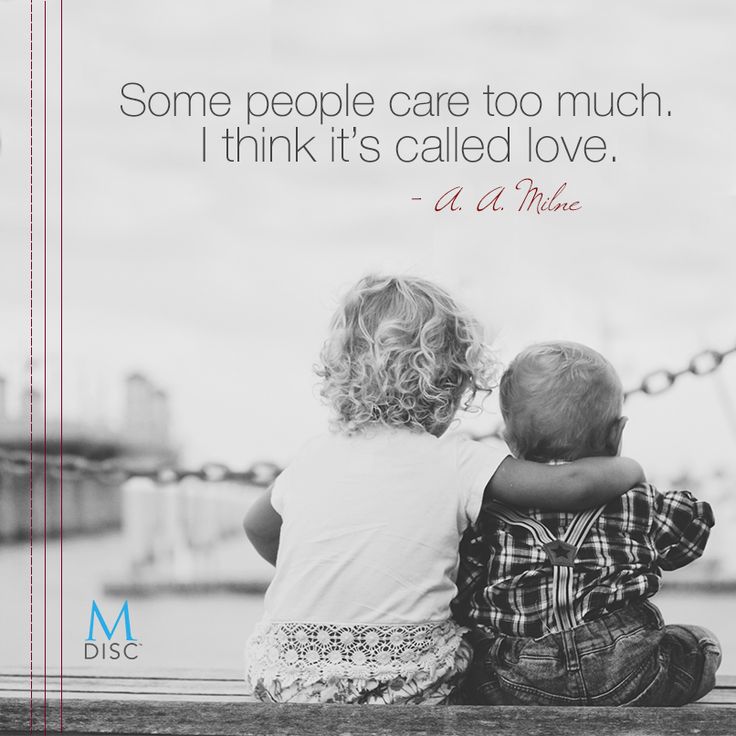 You need a guy who wants to see you improve and helps you do so, not one who fuels your bad habits.
You need a guy who wants to see you improve and helps you do so, not one who fuels your bad habits.
6. You don't feel like yourself around him
If you have a hard time showing him who you really are, that’s a clear sign that he doesn’t bring out your best side. A guy who brings out the best in you will make you feel more like yourself and not like you need to suppress your true personality.
7. You are always trying to get the upper hand
Love is not a competition. If you find yourself trying to make your partner feel smaller than you or unloved, that’s not a healthy sign. If you are not comfortable with compromising once in a while because you think it will give him some kind of power over you, then you shouldn’t be with him.
End of the article
Visual Stories
Featured in Relationships
4 things men actually notice during sex
Your daily horoscope 29th March 2023
Most common interview questions in 2023
14 things never to say to your girlfriend
"Failed to see red flags in marriage": Shikhar Dhawan
7 marital issues after baby & how to solve them
What type of boss is Cancer
Selfless things you can do for your spouse
What is sexual massage & what are its benefits?
LATEST VIDEOS
Relationships
- His story/Her story: “My wife does not give me space”03:35
- These zodiacs fall madly in love with movie stars01:41
- Never Use This ONE Word, It Changes Your Destiny16:54
- Ask the Expert: "My wife wants to try a threesome with another woman"01:44
- His story/Her story: “My husband of 19 years wants a divorce”04:51
- Only Happiness For The Next 24 Hours16:51
- Expert decodes the body language of Farhan Akhtar and Shibani Dandekar02:54
- Ask the Expert: "My wife is spending all my money!"01:54
- 9 signs indicate that a guy is not into you01:08
- How will each zodiac sign act during Shaadi ka Rishta!02:09
Explained: How Netanyahu's judicial plan sparked massive unrest in Israel
Why Choksi is the new Salem for Indian fugitives
When I met Kiran Patel, the ‘PMO man’ who never was
How skill and experience can push up your retirement age
Pedro Almodovar quote: Love brings out the worst in me.
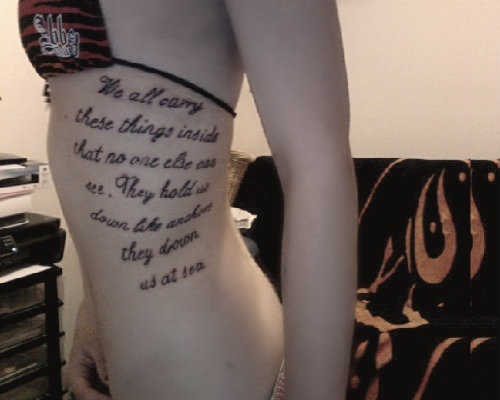 Having loved, I lose my feeling ...
Having loved, I lose my feeling ... - Pedro Almodovar
Last update April 17, 2018
Love, Feeling, Party, Humor
Pedro Almodovar
11 Spanish filmmaker, film producer, scriptwriter, writer and… 1949Similar quotes
“A sense of humor, like love, is a forgotten feeling.”
— О.М.
„Childhood? I think it's tantamount to never losing your sense of humor."
- Walt Disney American animator, film director, actor, screenwriter and producer 1901 - 1966
"There are three manifestations of God on earth: nature, love and feeling humor. Nature helps to live, Love to survive, A sense of humor to survive!“
— Mikhail Nikolayevich Zadornov Soviet and Russian satirist, playwright, humorist, comedian 1948 - 2017
Option: There are three manifestations of God on earth: nature, love and sense of humor. Nature helps to live, Love - to survive, Sense of humor - to survive!
"Sometimes only punishment arouses guilt.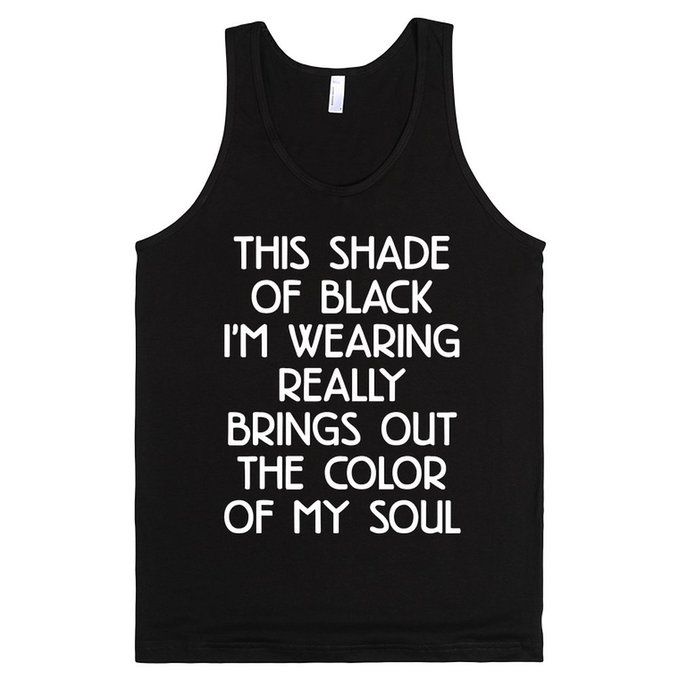 "
"
- Leszek Kumor Polish film critic and aphorist 1924
Some aphorisms
"Contradiction should arouse attention, not feelings."
- Thomas Fuller English historian and - preacher 1660 1661
This translation is pending. Is the translation correct?
“We never lose what once caused joy and sincere feeling, because everything that we deeply love becomes part of ourselves.”
- Helen Adams Keller American writer, teacher and public figure 1880 - 1968
"The sense of humor, like the feeling of hunger, does not atrophy."
- Alexander Vasilievich Maslyakov Soviet and Russian TV presenter
— Jean-Jacques Rousseau French figure of the Enlightenment 1712 - 1778
36
“A sense of humor is a great thing. Going through life without a sense of humor is as absurd as riding in a wagon without springs."
- Henry Ward Beecher American Religious 1813 - 1887
Japanese writer 1899 - 1972
"Humor is a sense of distance. "
"
— Bertolt Brecht German playwright and theater theorist 1898 - 1956
"Humor is the wit of a deep feeling."
— Fyodor Mikhailovich Dostoevsky Russian writer, translator, philosopher 1821 - 1881
Without sources
"A sense of humor is a person's attitude to life. The easier he treats everything, the brighter his sense of humor. "
- Vladimir Zelensky Ukrainian showman, screenwriter, actor, humorist, TV presenter 1978
"It is unbearable to live in a country in which there is no sense of humor, but it would be even more unbearable to live in a country in which a sense of humor is necessary in order to survive.”
— Bertolt Brecht German playwright and theorist of theatrical art 1898 - 1956
“I consider the lack of a sense of humor a disease.”
— Maxim Averin 1985
“We should be grateful to the universe for having no sense of humor.”
- Werner Herzog Stipetich 1942
"If a person is deprived of a sense of humor, then there was a reason.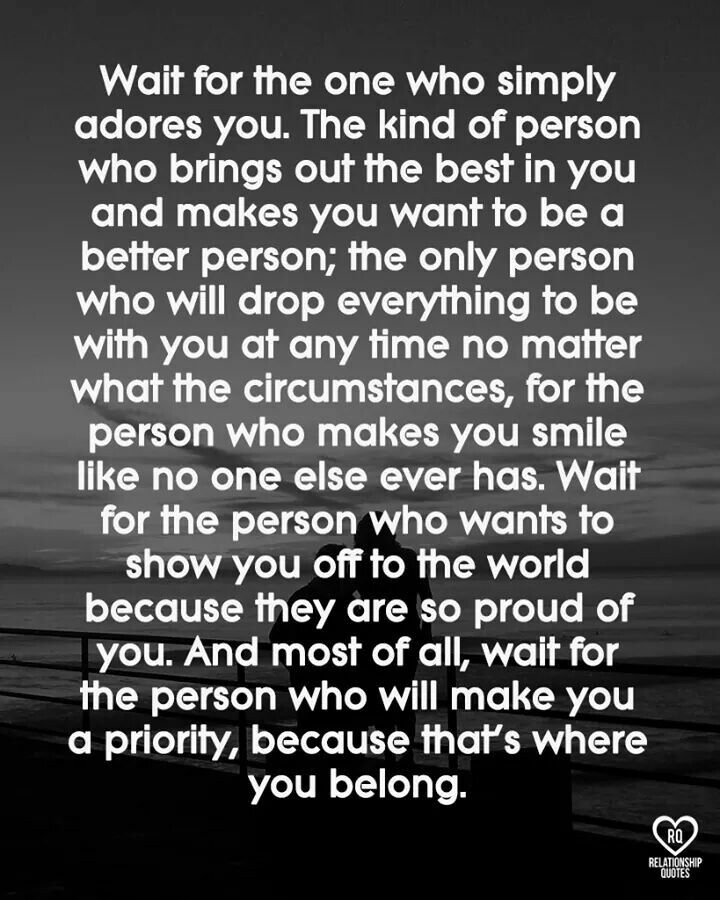 "
"
- Danil Rudy
"No person with a sense of humor was the founder of a religion."
- Robert Green Ingersall 1833 - 1899
“Aphoricism is a philosophy with a sense of humor.“
- Ashot Sergeyevich Nadanyan Armenian chess player 1972
Related topics
0
Research shows that friendship helps us maintain mental and physical health: improves immunity, maintains normal blood pressure, reduces the risk of dementia in old age and even the risk of sudden death. But even with the best of friends, communication can suddenly become nauseatingly tense. Journalist Karlin Flora described the different types of toxic relationships and explained where problems with friends come from and why it's not always bad. T&P publishes a translation of her article for Aeon.
Karlin Flora is a journalist and former editor of Psychology Today. She has published in Discover, Scientific American Mind, and others. She is the author of the book Friendfluence, which was published in 2013.
She is the author of the book Friendfluence, which was published in 2013. Remember the last time you sat opposite your best friend and felt that she knows you very well and, most importantly, truly understands you. Perhaps you have felt that she awakens the best qualities in you, in her presence you succeed in the most sensible remarks and the most witty jokes. She inspired you. She always listened carefully, found hidden patterns in your behavior, and then carefully suggested how you can change everything for the better. You loved to gossip about common acquaintances, from time to time you indulged in memories of joint adventures. You willingly delved into your favorite topics, exchanged half-hints that were barely understandable to others, and easily deciphered meaningful euphemisms in each other's speech. Perhaps you even know the pleasant feeling of admiration for your girlfriend, which was accompanied by a sense of pride from the realization of your similarity with her. The person you had a very high opinion of, appreciated you mutually - of course, this brought a feeling of deep satisfaction and happiness, literally energized you.
Such friendship fills us with spiritual strength, shapes our personality, and sometimes can even change our destiny. These relationships have repeatedly been under the microscope of social scientists - thus it turned out that they help us maintain mental and physical health: good friends improve immunity, stimulate creativity, maintain normal blood pressure, reduce the risk of developing dementia in old age and even the risk of sudden of death. So if you feel that you cannot live without friends, not only sentimentality speaks in you, but also common sense.
But even the deepest and kindest friendship, like almost any human relationship, can be overshadowed by conflicts, resentments and tensions. Charm can irretrievably disappear from it, it can even completely disappear for some sad reason or for no reason at all. But there are also not-so-useful types of friendship: sometimes in a relationship that began on a positive note, conflict grows every day, and in critical cases, friendship can be initially painful, toxic. Good friends make us happy, but even they demand a lot in return. If you look closely, friendship is a much more confusing and ambiguous type of relationship than is commonly thought.
Good friends make us happy, but even they demand a lot in return. If you look closely, friendship is a much more confusing and ambiguous type of relationship than is commonly thought.
For the first time, harsh reality cast a shadow over the cloudless concept of friendship, when sociologists became convinced that friendly sympathy is mutual only in half of the cases. This information is shocking to many: the same studies claim that we tend to deliberately believe that our friends almost always share our feelings. Can you guess who from your list of friends would not add you to a similar list?
One reason for the imbalance is that friendships are often socially desirable: a study of teenagers shows that people who want to be friends with popular people are often selective (thus upsetting the balance of reciprocity). One recent piece of evidence is an article by Stephen Strugatz in The New York Times published in 2012. According to his observations, our Facebook friends, on average, always have more friends than we do ourselves.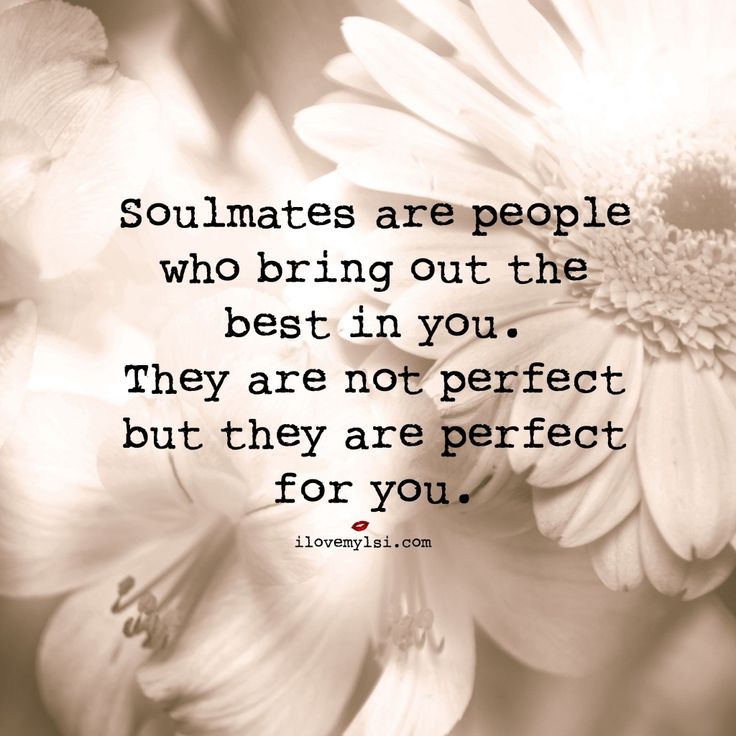 They also say that friendship is a salvation from a world obsessed with updating statuses. Here is your salvation!
They also say that friendship is a salvation from a world obsessed with updating statuses. Here is your salvation!
Scientists also identify an ambivalent kind of friendship — it is characterized by mutual dependence and conflicts. If you have such a friend in your life, he simultaneously evokes both positive and negative feelings in you. For example, when you see his name on the smartphone screen, you will think twice before answering the call. This type of relationship is very common. Each of us has a network of socially important contacts, and, according to statistics, there are about 50% of ambivalent characters in it. In fairness, it’s worth saying that these are most often family members, and not friends (after all, you can’t get rid of relatives so easily). Nevertheless, this is another stone in the garden of the "spotless" concept of friendship.
But even those friends whom you boldly call faithful, reliable and interesting people can darken your life if at least one less attractive one is added to these qualities. We know very well from sociological research that a depressed friend is more likely to make you share his depression, an obese friend is more likely to gain weight, and with friends who smoke or drink a lot, you will drink and smoke more.
We know very well from sociological research that a depressed friend is more likely to make you share his depression, an obese friend is more likely to gain weight, and with friends who smoke or drink a lot, you will drink and smoke more.
In some cases, "good" friends develop goals, habits, or values that are inconsistent with ours. Of course, these people didn't do us any harm. But over time, they cease to be part of the group that defines our social identity and / or helps us solve pressing problems. Staying with them, we swim against the current.
In addition to all the unfortunate effects of conflicting ambivalent friendships, there is also a real harm to our health. In 2003, scientists Julianne Holt-Lunstad of Brigham Young University and Bert Uchino of the University of Utah conducted a collaborative study in which participants were asked to wear a portable blood pressure monitor and record their interactions with people throughout the day. The readings of the devices claimed that blood pressure during communication with ambivalent friends was higher than during truly friendly and even openly hostile communication. This is probably due to the fact that such relationships are largely unpredictable, and therefore force us to be on the alert all the time: "Is Jane going to ruin everyone's Christmas Eve again?" In addition, ambivalent relationships are associated with such unpleasant phenomena as impaired reactivity of the cardiovascular system, premature cellular aging, low levels of stress resistance, and a general deterioration in well-being.
This is probably due to the fact that such relationships are largely unpredictable, and therefore force us to be on the alert all the time: "Is Jane going to ruin everyone's Christmas Eve again?" In addition, ambivalent relationships are associated with such unpleasant phenomena as impaired reactivity of the cardiovascular system, premature cellular aging, low levels of stress resistance, and a general deterioration in well-being.
However, in one case, researchers of ambivalent friendship came up with unexpected results: it turned out that it has a positive effect on the work process. As scientists have found, ambivalent colleagues tend to put themselves in the place of another more often than usual, in part because there is always a place for uncertainty in such relationships and a person tries to understand what they really are. In addition, ambivalent friendships add insecurity, which in turn forces people to work harder to establish themselves in their position.
Pseudo-friends, or friend-enemies, is another kind of conflicting relationship between people. But in this case, contrasting feelings are neatly layered on top of each other: friendliness over rivalry or hostility, in contrast to the ambivalent connection with her explosive cocktail of love, hatred, irritation, pity, affection, disgust, tenderness and a couple more unpredictable ingredients. Many of us know firsthand the powerful motivating power that comes with having such a friend-foe in the office, not to mention romantic or parent-child relationships in which this power can become destructive.
But in this case, contrasting feelings are neatly layered on top of each other: friendliness over rivalry or hostility, in contrast to the ambivalent connection with her explosive cocktail of love, hatred, irritation, pity, affection, disgust, tenderness and a couple more unpredictable ingredients. Many of us know firsthand the powerful motivating power that comes with having such a friend-foe in the office, not to mention romantic or parent-child relationships in which this power can become destructive.
Every unhappy family is unhappy in its own way, and so are unhappy friendships: there are countless reasons why a friend might be "unfavorable" to you. A couple of American researchers delved into this topic - Susan Heitler, a clinical psychologist from Denver, and Sharon Livingston, a psychologist and marketing consultant from New York. Here are the typical signs of "unfavorable" friendships that they were able to find: a bad friend makes you feel competitive with other friends; she talks about herself much more often than you; she allows herself to criticize you from above, but immediately becomes defensive if you criticize her in response; during communication, you get the feeling that you are walking on thin ice, because at any moment you can provoke an outburst of her anger or disapproval; the relationship is dominated by the so-called emotional swing: today she can be sympathetic and friendly, but the next day she pulls away and behaves as if you barely know each other.
In 2014, researchers at Carnegie Mellon University in Pittsburgh found an interesting correlation while studying the social lives of healthy women over 50. It turned out that if the volume of negative episodes increased in their relationships with others, their risk of developing hypertension also increased. Negative social interactions - for example, overwhelming demands and criticism from others, disappointments, "exchange of pleasantries" - led to the fact that the appearance of hypertension in the subjects became 38% more likely. But in men, no connection was found between negative communication and high blood pressure. This is probably due to the fact that women in general are more concerned about relationships between people and are socially predisposed to pay more attention to them.
Negative communication also contributes to the development of inflammatory processes in the body - both in women and in men. Such data was obtained in the course of her research by Jessica Chiang, a researcher at the University of California (Los Angeles). According to her findings, accumulated social stressors, like real toxins, can cause physical harm to a person.
According to her findings, accumulated social stressors, like real toxins, can cause physical harm to a person.
Those friendships that are destined to be the most painful of our lives often start on a positive note and only then turn into a nightmare. For example, a recent study among teenagers showed that people who had a friendship in the past were 4.3 times more likely to express mutual aggression on the Internet than just acquaintances. In other words, sociological statistics agree with Diane de Poitiers (favorite of the French King Henry II), who, back in the 16th century, stated: “To have a worthy enemy, choose a friend: he knows where to strike.”
Another slippery slope that friendship can take unexpectedly, was described by writer Robert Greene in his book 48 Laws of Power. Friendly help in finding a job, he warns, can lead to the fact that your relationship will gradually turn from good to harmful. This is due, in particular, to the peculiarities of the emotional reaction provoked by such serious favors.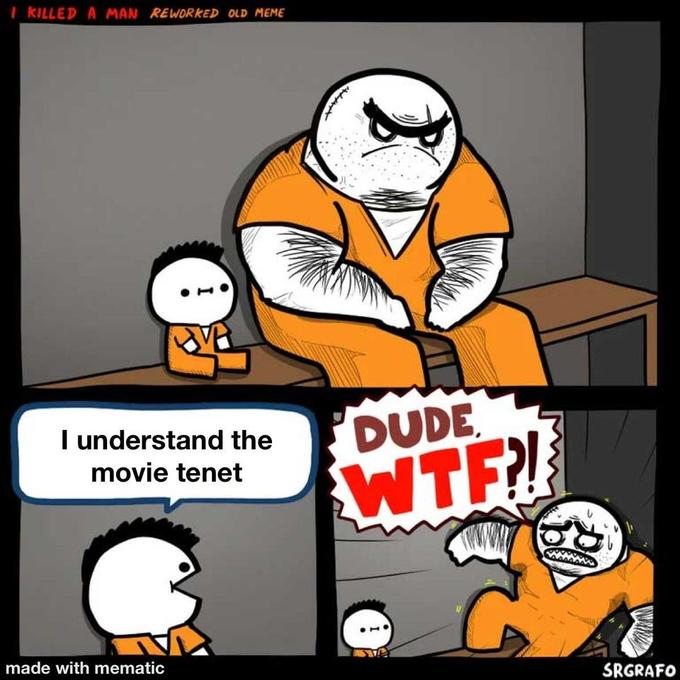
Oddly enough, it is an act of your kindness that can throw a relationship out of balance. People want to feel that their success is deserved. A friendly favor can cause depressing thoughts: “What if I was chosen only because of my connections? Perhaps I am not worthy of this place at all? A condescending attitude, which is easy to suspect in a sympathetic friend, can seriously hurt self-esteem. The trauma will not immediately make itself felt, but gradually the relationship will become more rude frankness, there will be outbreaks of discontent and envy - and before you have time to understand something, the friendship will end.
“So, can directness and disinterested help destroy true friendship?” - you ask. On the one hand, this statement challenges the ideals of absolute openness and boundless generosity - the necessary attributes of sincere friendly affection. But on the other hand, it seems that here lies the key to why friendship can be both favorable, and ambivalent, and harmful, and even move from one state to another.
In his article "The Evolution of Mutual Altruism", published in 1971, evolutionary biologist Robert Trivers summed it up: "Each individual tends to show a tendency to both altruistic behavior and cheating." Cheating here is understood as the conscious intention to give at least a little less within the relationship or take at least a little more than our friend would take or give in a similar situation.
Trivers explains that evolution has made us clever swindlers. The complex mechanism of our psyche helps us detect those who cheat too openly and notice when we ourselves become too generous. Trivers writes:
“A rude crook will not reciprocate, and an altruist will receive absolutely nothing as a reward for his generosity ... Obviously, in this case, natural selection will be extremely negative towards the crook. Crafty cheating, on the other hand, involves a certain degree of reciprocity. This art is to give less than you receive - or, more precisely, to give less than the partner would give in the opposite situation.
Perhaps it is this balance between selfishness and altruism, which averages close to 50/50, that explains many of the other 50% rates that crop up in research on friendships. Let's remember: only 50% of friends have mutual sympathy, our social networks are 50% composed of ambivalent relationships. Even the average person is able to recognize a lie only 50% of the time. Evolution has made us shrewd enough not to let ourselves be fooled, but at the same time saved us from the inevitable torments that life in a world of absolute harsh truth would bring with it. So we were left with a loophole for compliments and white lies. Similarly, we are able to detect cheating on the part of friends, but still not too virtuoso, otherwise we would risk completely losing faith in people and any desire to maintain friendly relations. Nature has kept the perfect balance - 50/50.
Psychologist Jan Jaeger conducted a survey for his book When Friendship Hurts (2002) and found that 68% of respondents had experienced friend betrayal. Who are these heartless traitors? Why are there so many? However, with the figure of 68% - maybe not “them”, but “us”?
Who are these heartless traitors? Why are there so many? However, with the figure of 68% - maybe not “them”, but “us”?
This frightening thought made me wonder: do we really make an effort to forgive small offenses? Express dissatisfaction before it builds up and forces you to end the relationship forever? Find time for a long-awaited meeting? Recognize the right of another person to disagree with us in everything? Are we really trying to give generously rather than keep score? Do we pressure our friends with our unjustified expectations? Is it true that we do our best to keep our friendship? Well, maybe most of our friends feel the same way about themselves. And if they're unfriendly or we're pulled apart by the natural course of life, maybe we should accept that and not label relationships as toxic that we just don't want to have anymore.
When a relationship ends at the initiative of a friend or they disappear from our lives without any explanation, it can be excruciatingly painful.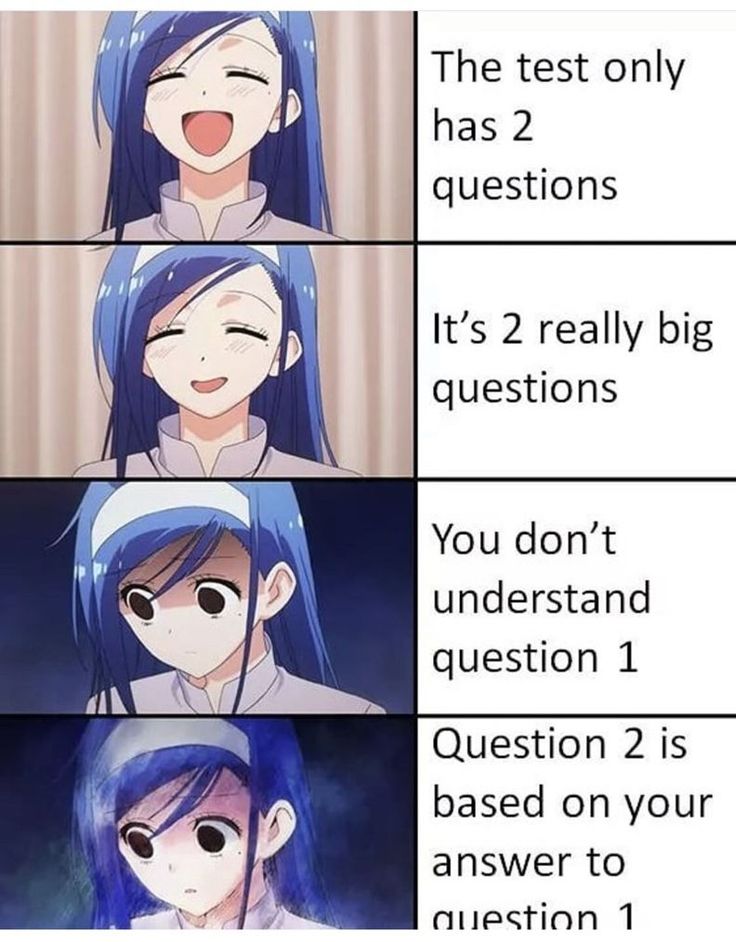 And although it is no secret that the circle of social contacts narrows as we grow older, we still somehow believe that friendship is forever. The rupture of friendships forces us to rethink our own vision of life and our own personality, especially if a friend has been around for many years. As the fresh wound throbs with pain, we hasten to brand him or her as a traitor.
And although it is no secret that the circle of social contacts narrows as we grow older, we still somehow believe that friendship is forever. The rupture of friendships forces us to rethink our own vision of life and our own personality, especially if a friend has been around for many years. As the fresh wound throbs with pain, we hasten to brand him or her as a traitor.
But sometimes we have to leave a friend to become ourselves. In her book Connecting in College (2016), sociology professor Janice McCabe states that breaking friendships early in life is an important part of personal development. We inevitably form our individuality and self-consciousness based on our environment: either we strive for certain people, or we repel ourselves from them.
While we all need to take a second look at our friendly behavior and acknowledge our responsibility for the conflicts that sometimes arise in a relationship, there are still aspects of friendship that are beyond our control.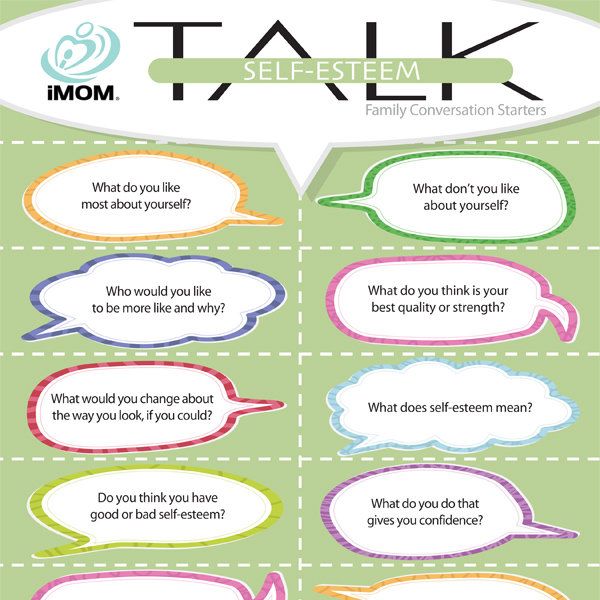 For example, a large number of mutual friends and acquaintances can become a cornerstone in an ambiguous situation. Let's say your friend has crossed the line, but you don't want to disturb your whole company with your conflict and therefore you don't announce publicly that you no longer want to do business with her. You just move away from her, but gently, so as not to cause an open confrontation and not force mutual acquaintances to choose each time which of you to invite to visit. In such cases, we remain chained to "bad" friends forever.
For example, a large number of mutual friends and acquaintances can become a cornerstone in an ambiguous situation. Let's say your friend has crossed the line, but you don't want to disturb your whole company with your conflict and therefore you don't announce publicly that you no longer want to do business with her. You just move away from her, but gently, so as not to cause an open confrontation and not force mutual acquaintances to choose each time which of you to invite to visit. In such cases, we remain chained to "bad" friends forever.
The laws that dictate to us with whom to remain close and whom to let go of ourselves sometimes remain a mystery even to ourselves. Think about it: do you have any acquaintances who are very nice to you, but whom you have not seen for several years? And vice versa: are there those in your closest circle with whom you actually never found a common language? Perhaps the first ones put you on the list of "bad" friends at this very moment.
Faced with toxic friendships, painful breakups and disappointments, we experience tremendous stress that can harm us not only psychologically, but even physically.

